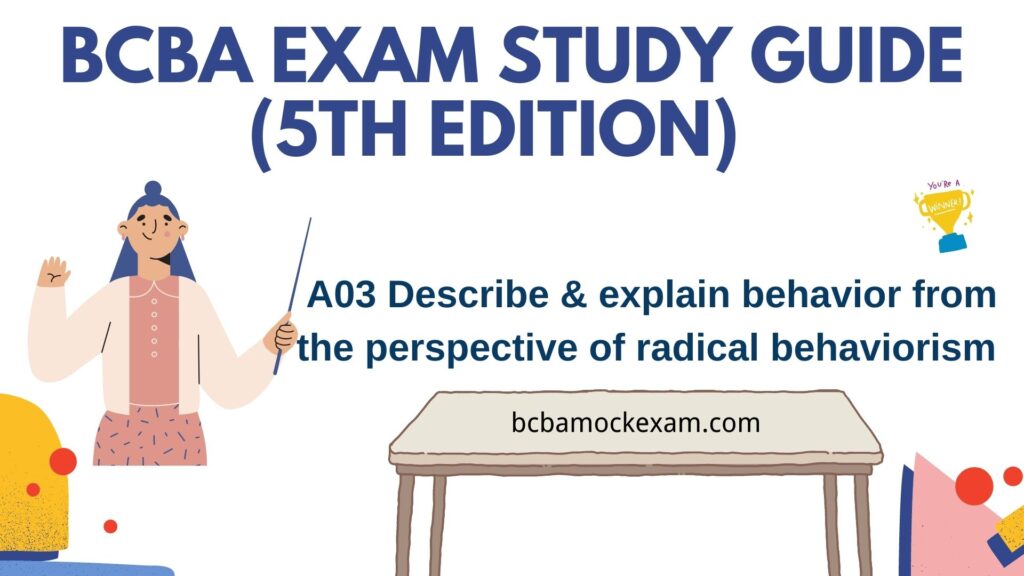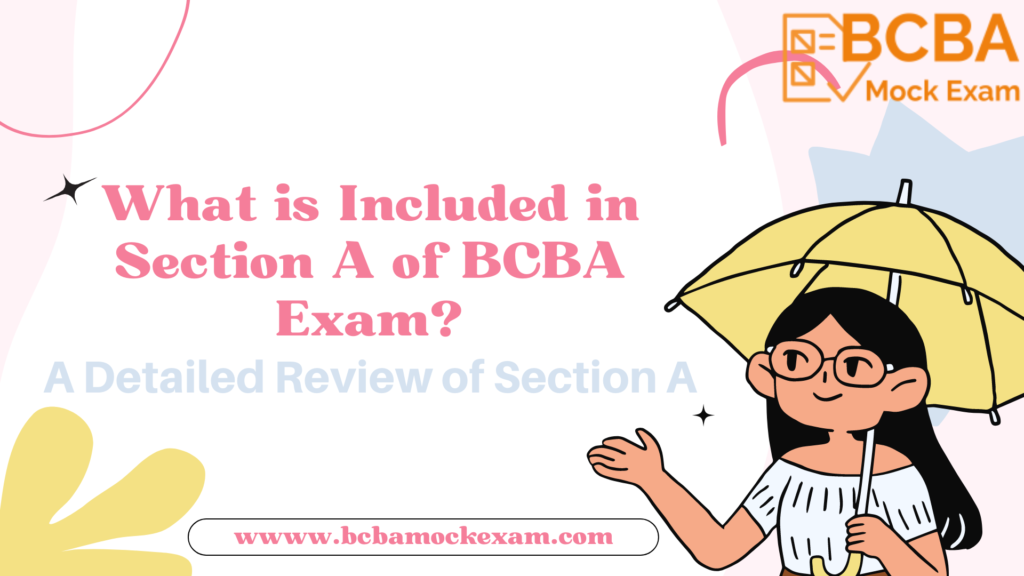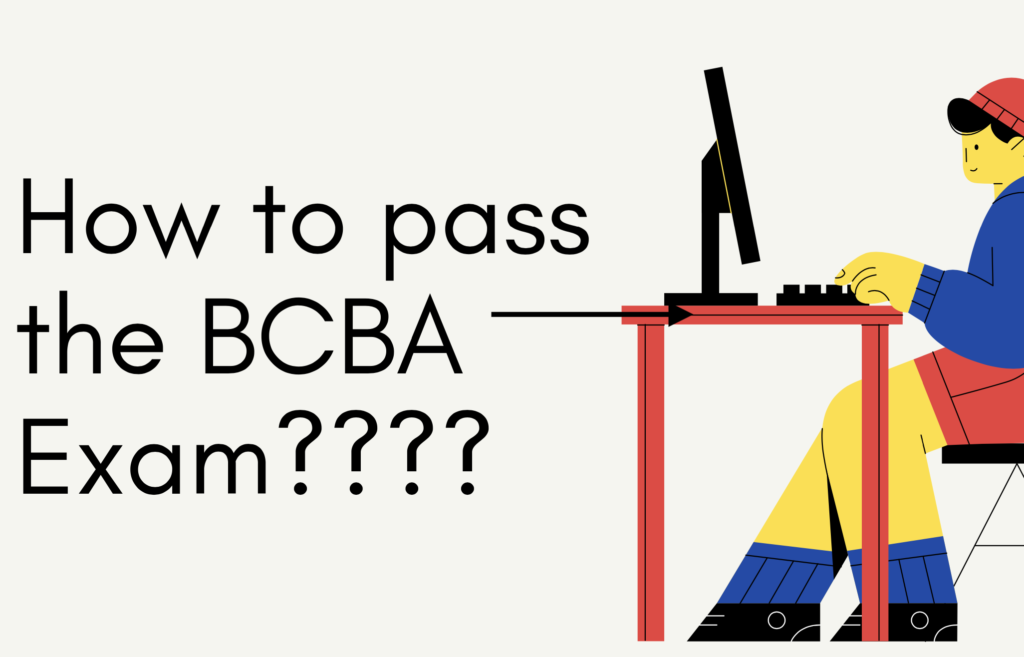— Part 3 of Philosophical Underpinnings of Behavior Analysis
Radical behaviorism
- Psychologist B.F. Skinner introduced the concept of radical behaviorism in the mid-20th century.
According to radical behaviorism, behavior should be the focus of study in psychology. It attempts to explain all behavior, including private behavior like thoughts and feelings.
[Note: Private events are not used in ABA because they can’t be observed or measured.]
Emphasis of radical behaviorism:
- The importance of reinforcement
- The relationships between observable stimuli and responses
Behaviors are natural events that occur as a result of other events in the environment, and benefits and consequences of a behavior either increase or decrease the probability of that behavior occurring in the future.
Mentalism
Mentalism relies upon hypothetical constructs, believing in unobserved process that is said to be present.
It uses explanatory fictions, meaning that fictional variables are used to explain behaviors.
- An example of explanatory fictions:
‘He was tired today, so he couldn’t complete his work’. — The truth is, no one can physically observe or measure his fatigue.
Another concept related to mentalism is circular reasoning, which is a logical fallacy in which the reasoner begins with what they are trying to end with.
- An example statement of circular reasoning:
‘He misbehaves because of autism’ / ‘He has autism, so he misbehaves.’
Has this blog helped you better assimilate key ideas? If you wish to know more about real exam questions and have a go at mock exams, please visit our website www.bcbamockexam.com or visit our YouTube channel BCBA Mock Exam – YouTube for more information.





